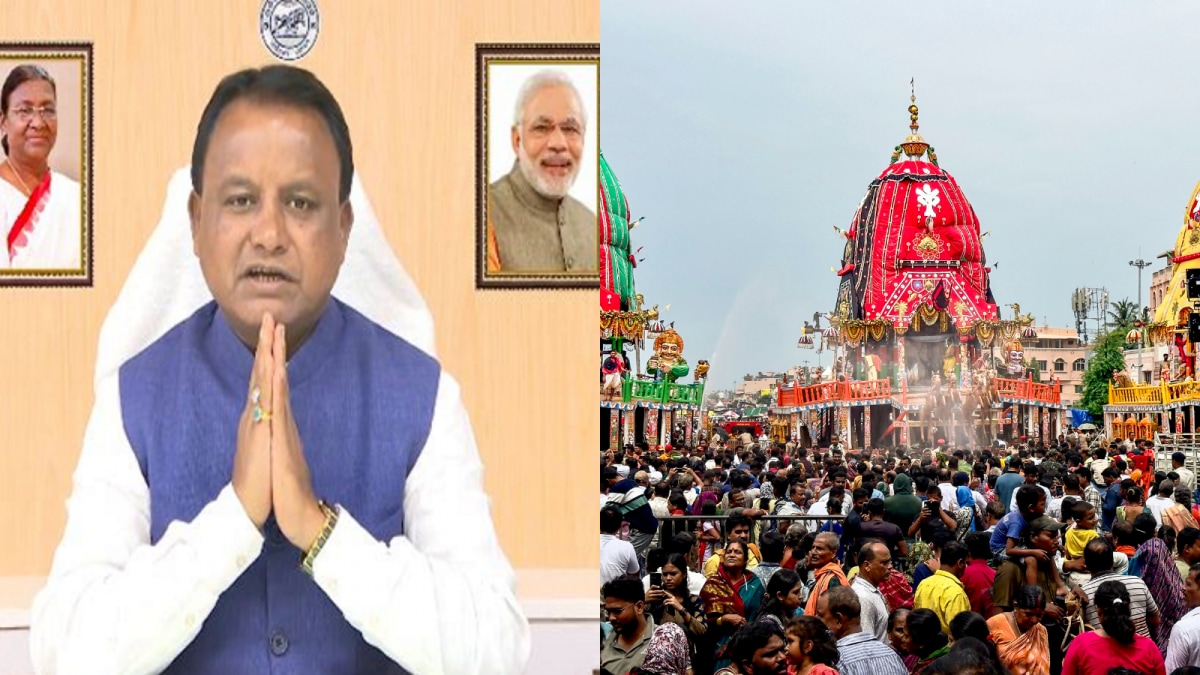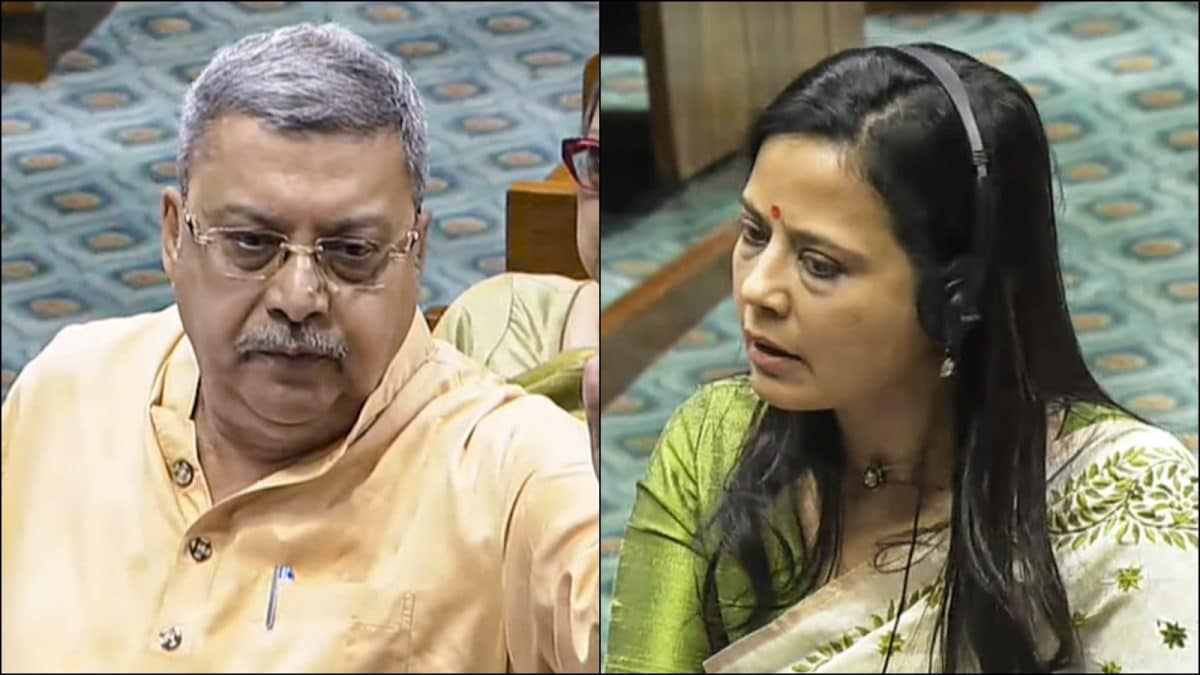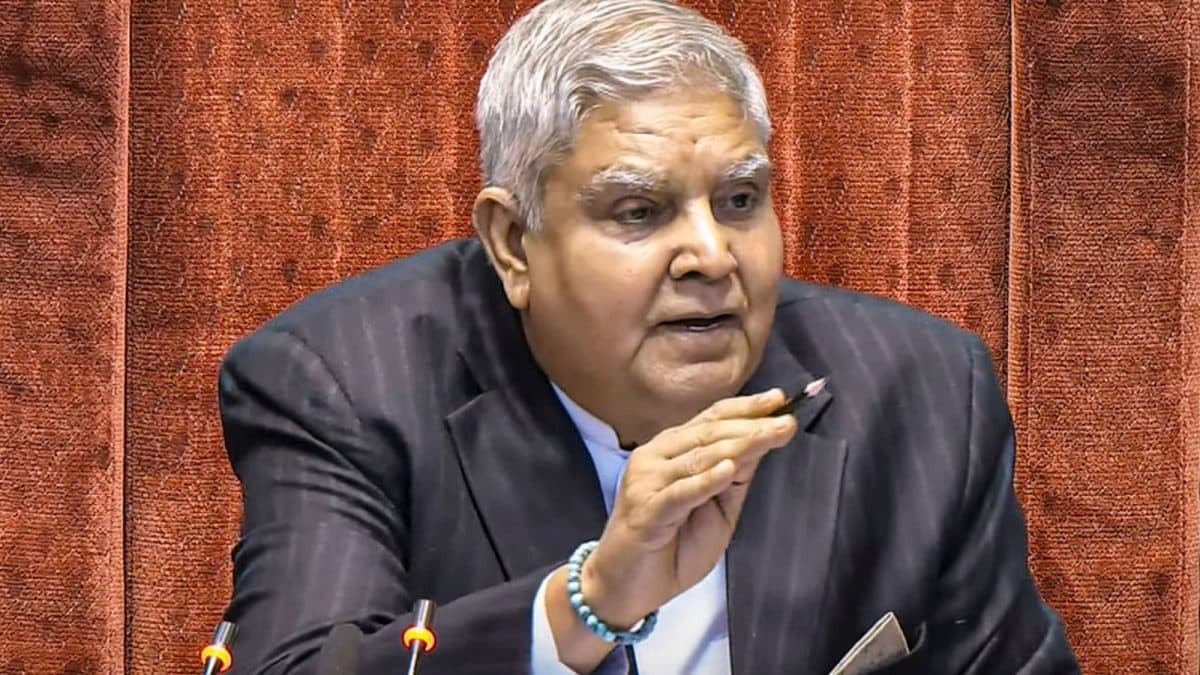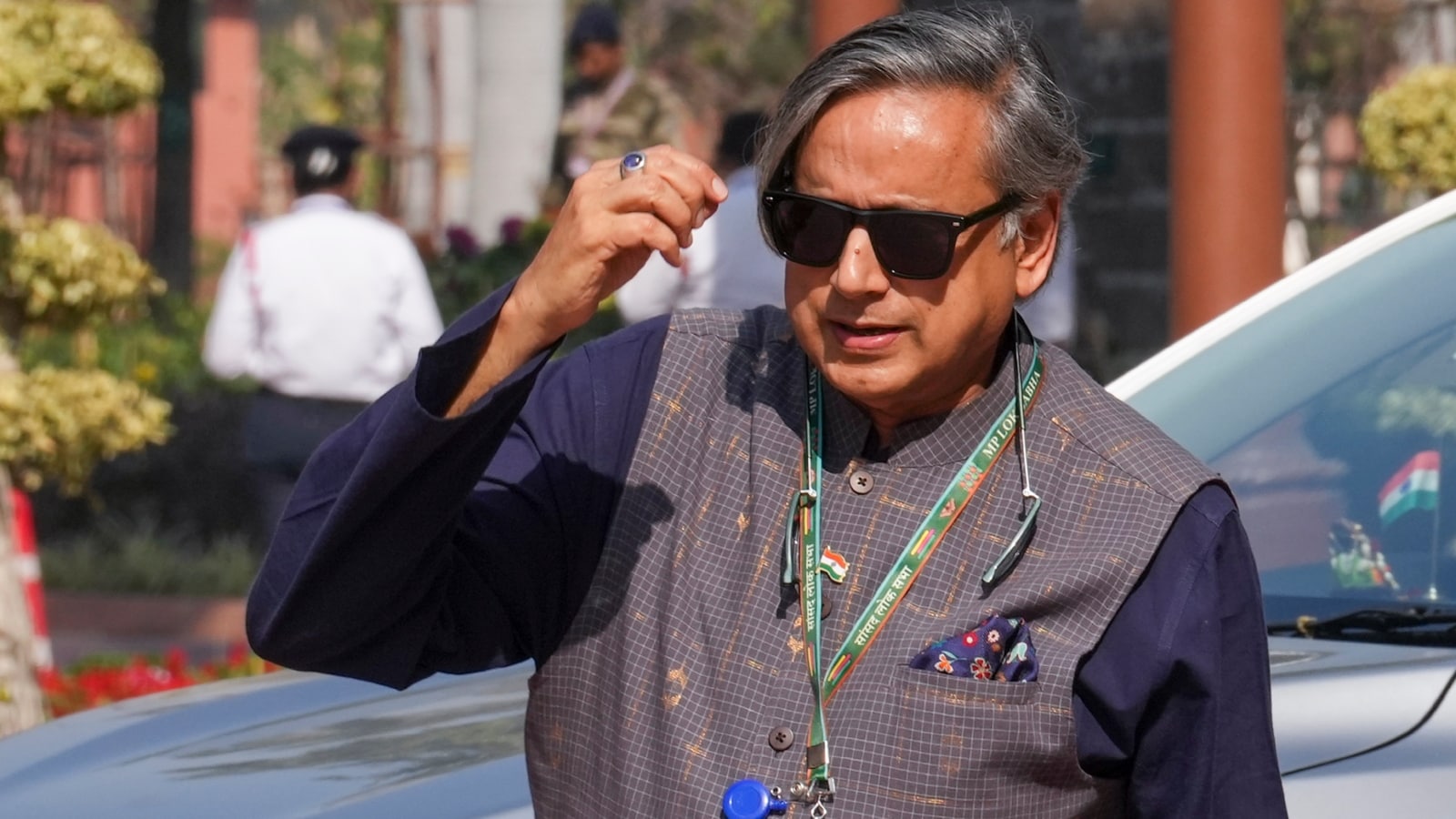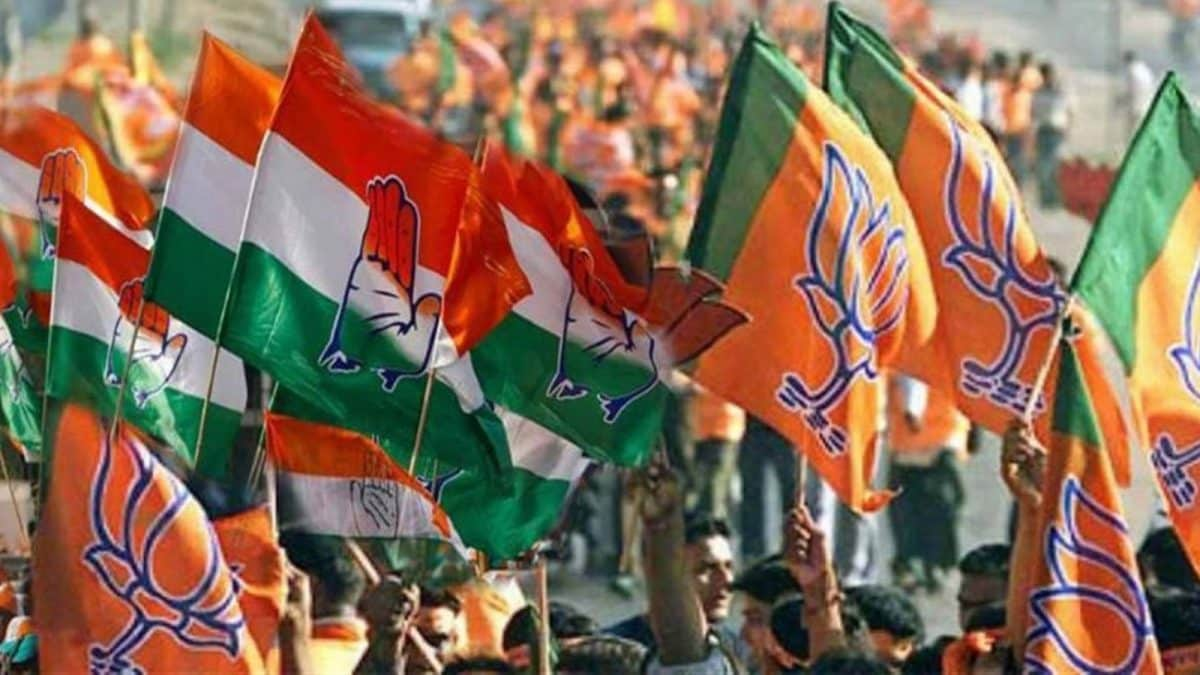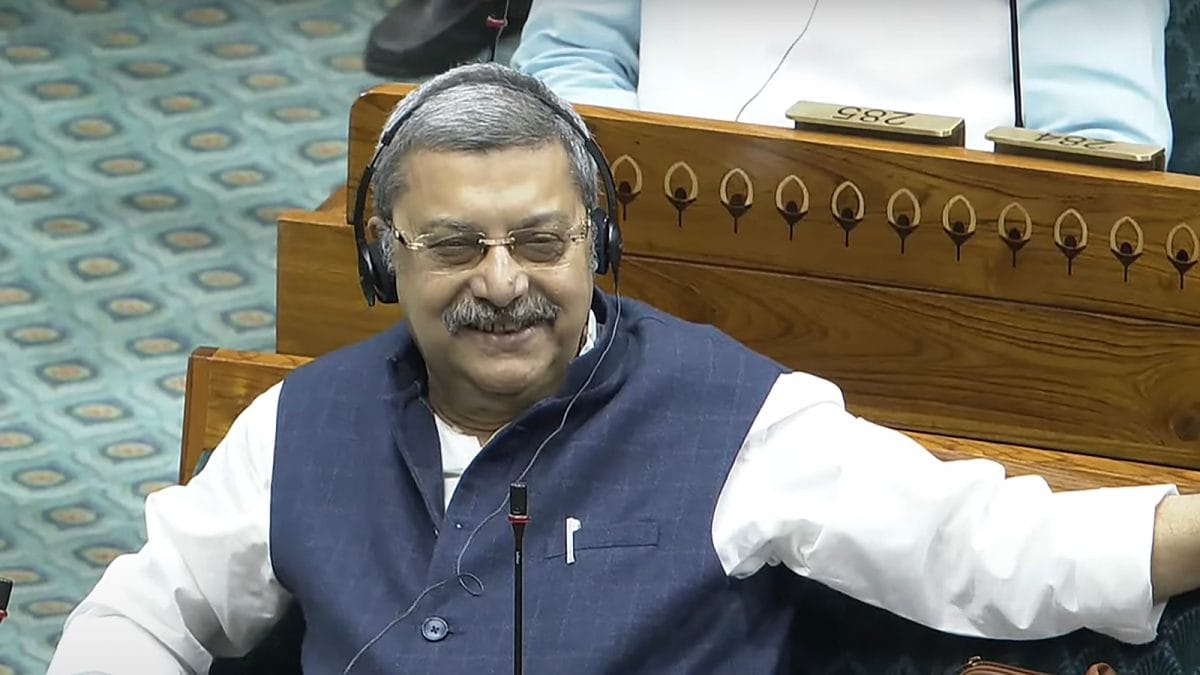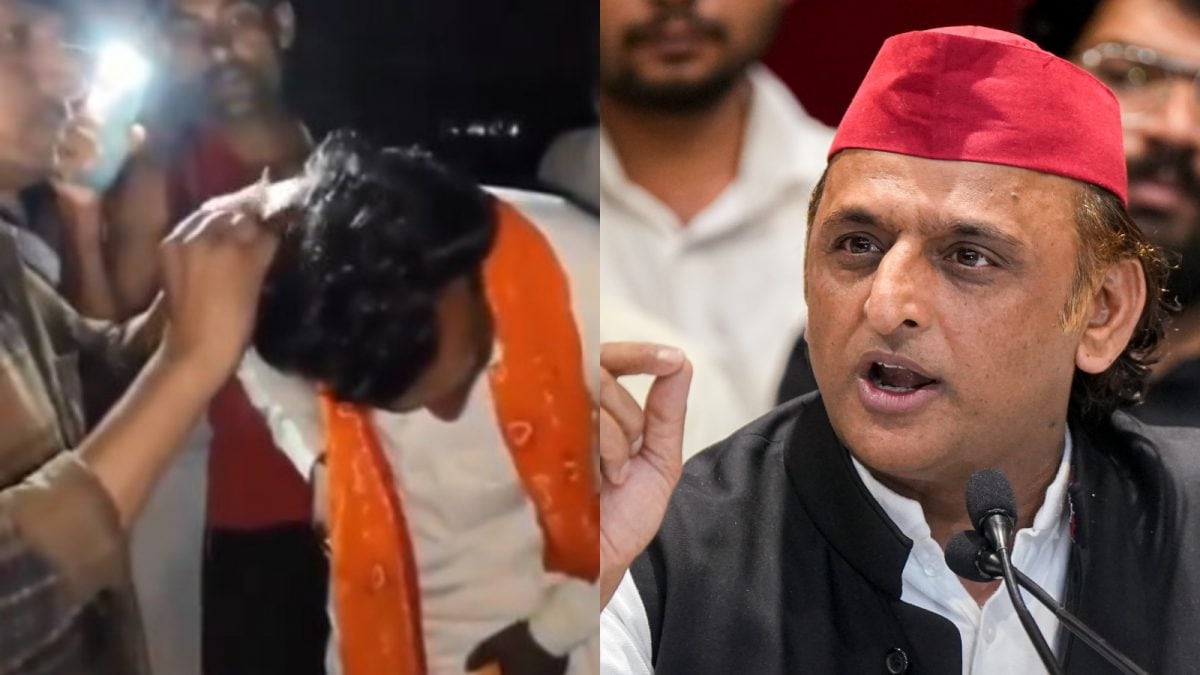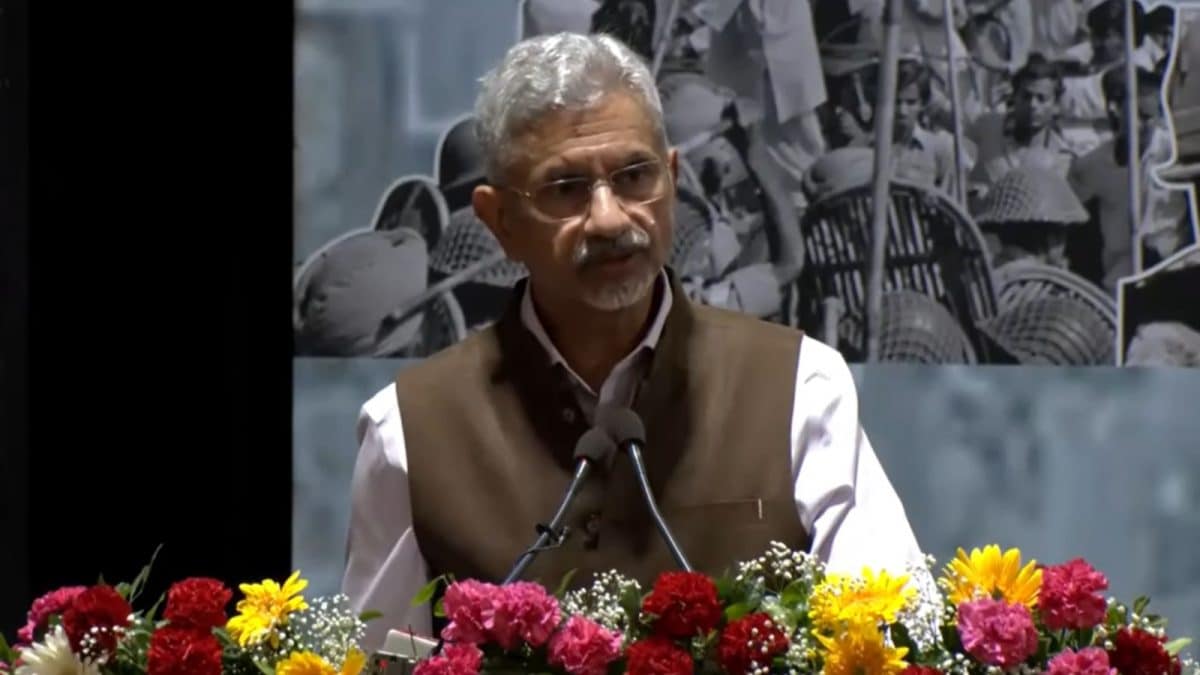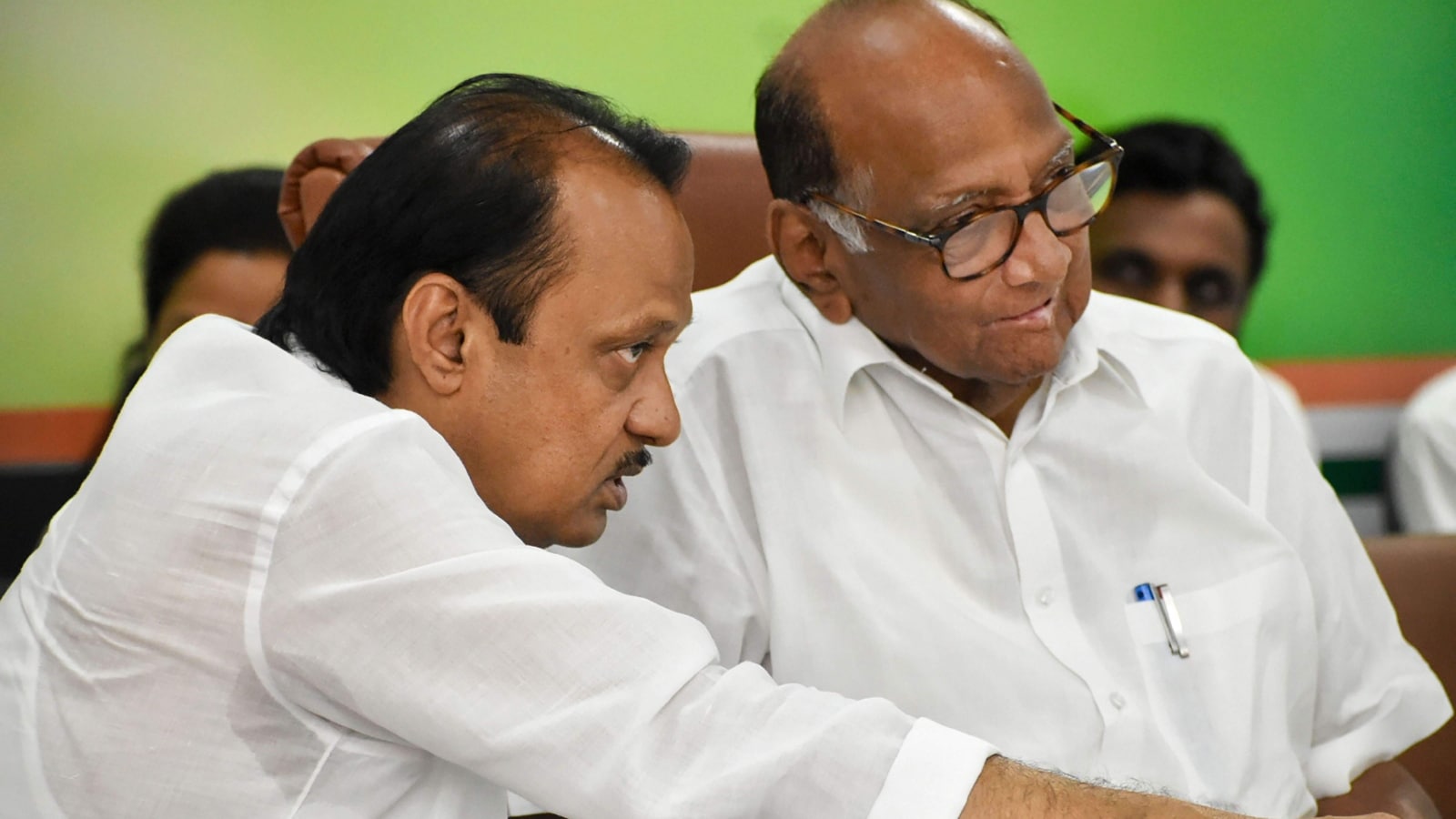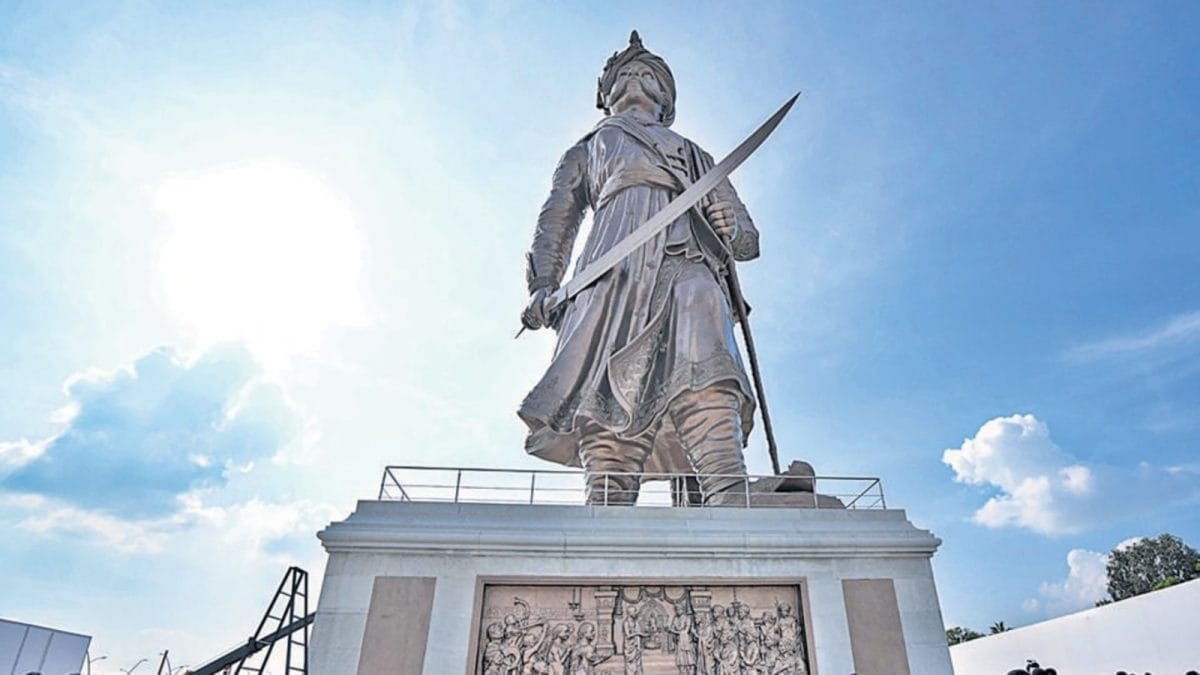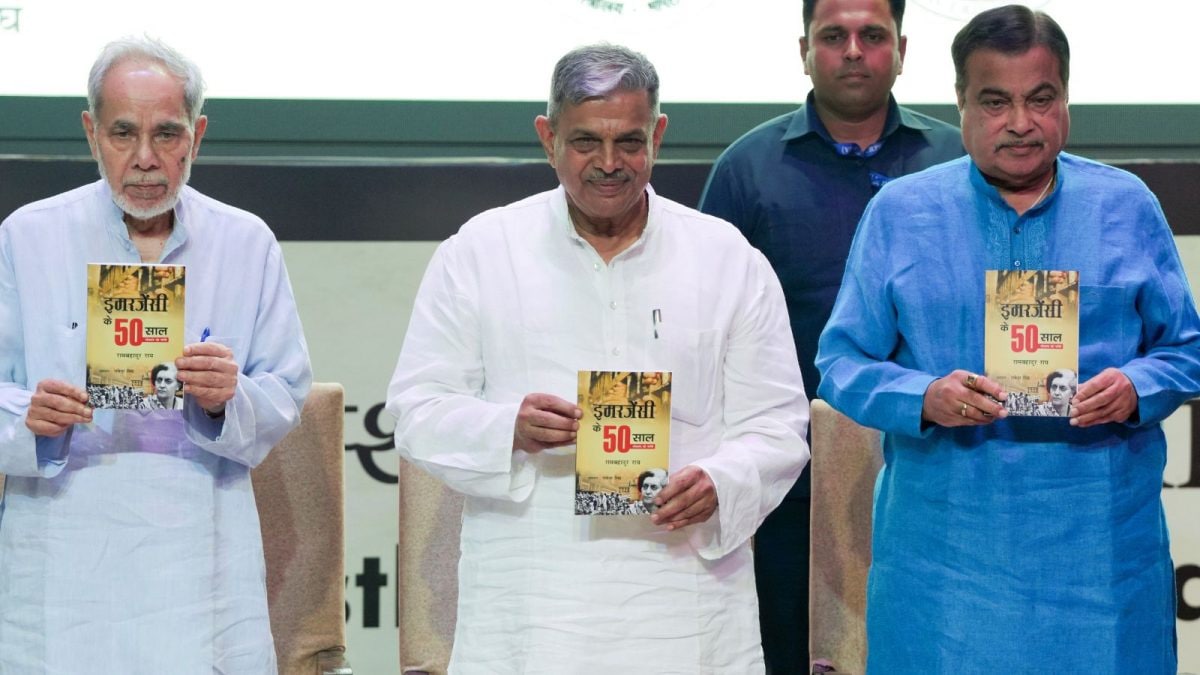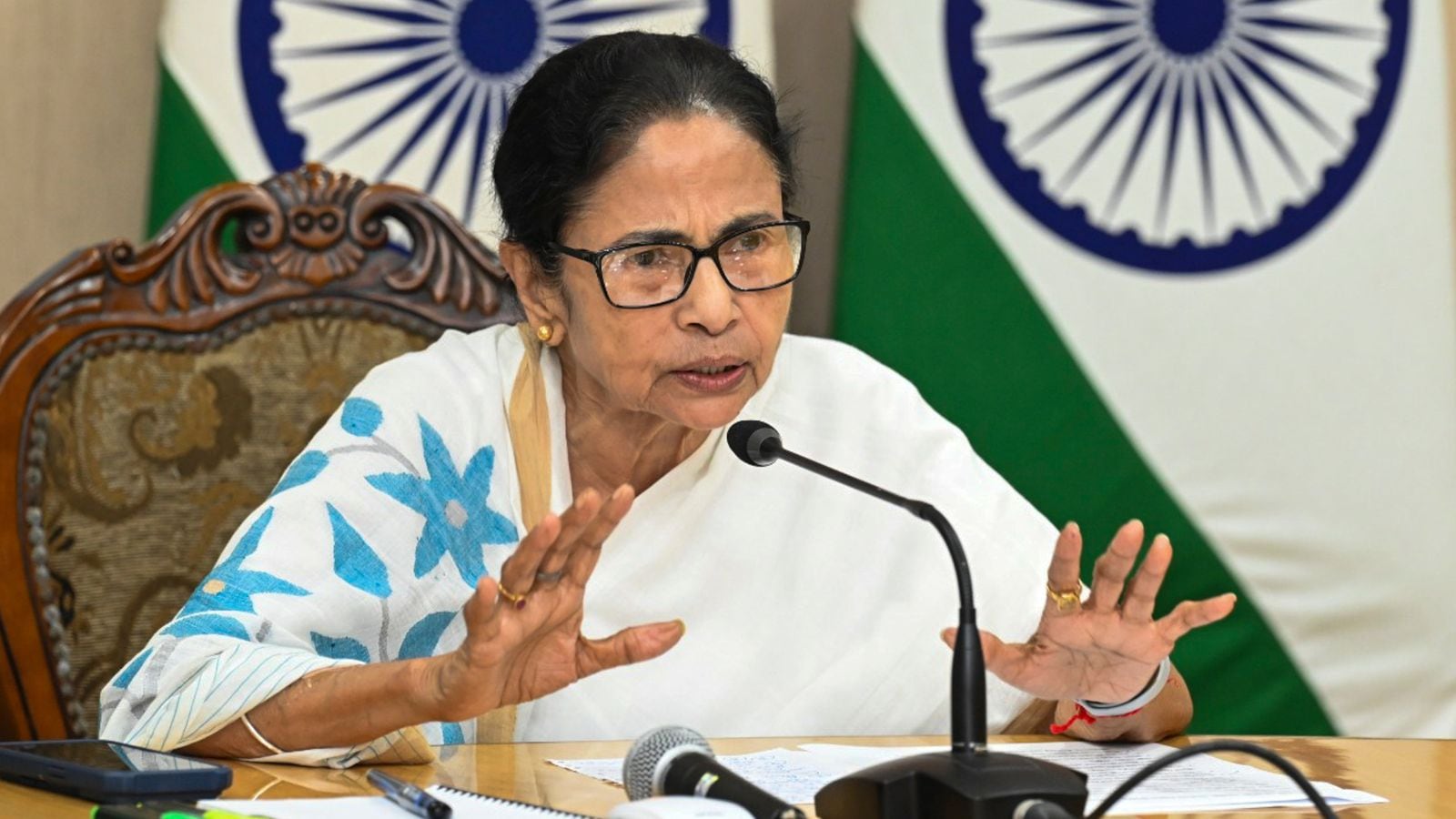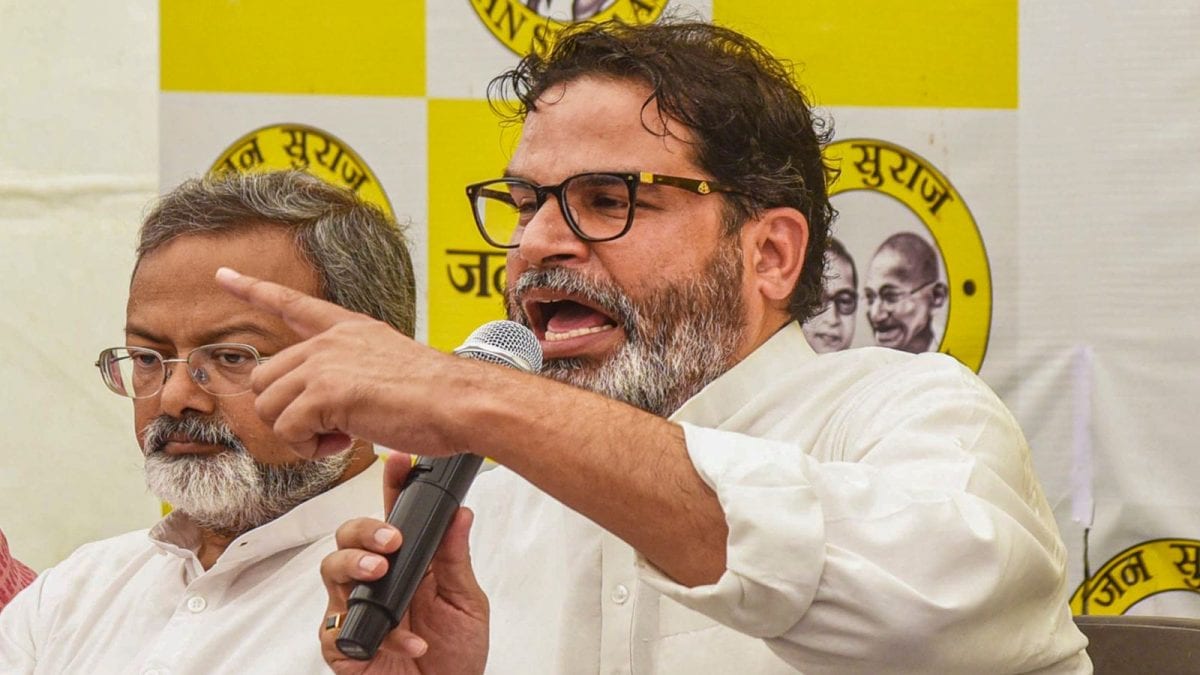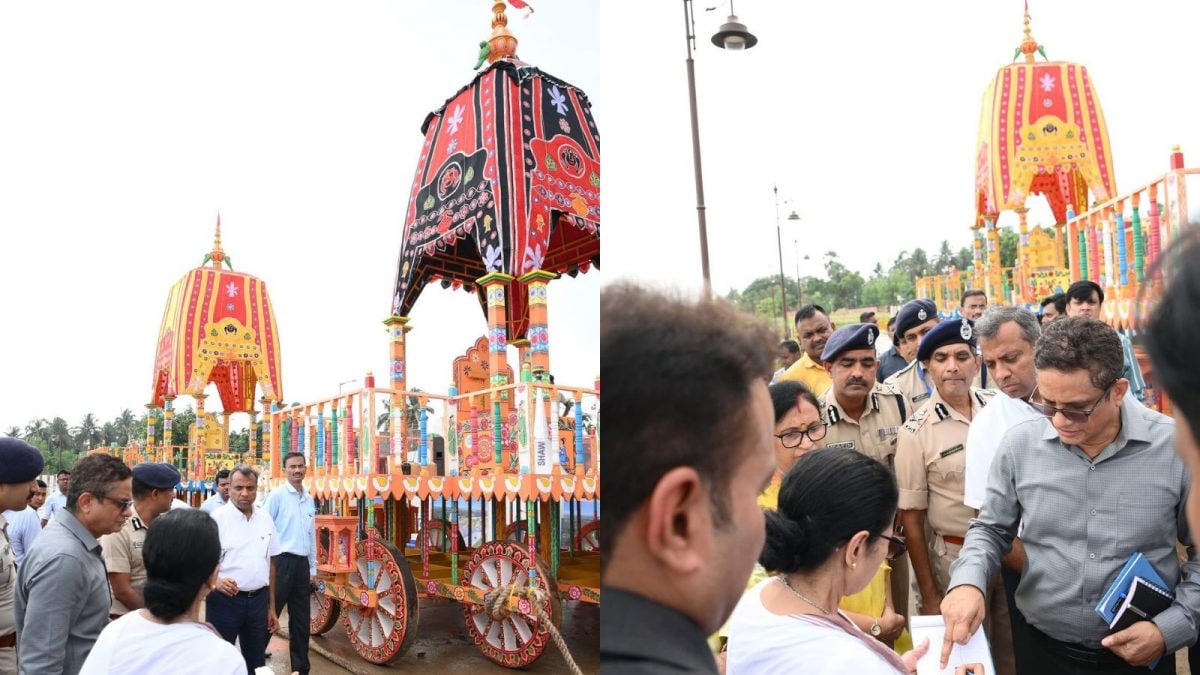Last Updated:June 29, 2025, 11:52 IST
PM Modi said that recently India marked 50 years of dark period and said that democracy was murdered and the people of India were harassed.

PM Modi. (File)
Prime Minister Narendra Modi on Sunday took a veiled jibe at Congress party saying that people who imposed emergency in the nation did not just murder the democracy but their goal was also to keep judiciary as their puppet.
While addressing the 123rd episode of his monthly radio program, Mann Ki Baat, PM Modi said that recently India marked 50 years of dark period and said that democracy was murdered and the people of India were harassed. He further said that the Emergency was a tough period for the nation.
During the broadcast, the Prime Minister also aired the brief message of former PM Morarji Desai detailing how people were tortured during that period.
“Morarji Desai describes the Emergency in brief… Not only did those who imposed Emergency murder democracy, but their intention was to keep the judiciary as their puppet… Under ‘MISA’, anyone was arrested arbitrarily, people were tortured…" he said.
Democracy had entered a dark period during those years. Under ‘MISA’, anyone was arrested arbitrarily, people were tortured… Indians refused to compromise on democracy. Finally, people won and Emergency was lifted," PM Modi said.
He further said that the country marked 50 years of Emergency being imposed, a few days ago. “We countrymen observed ‘Samvidhan Hatya Divas’ on the occasion and we must remember those who bravely fought against Emergency. This inspires us to remain vigilant to safeguard our constitution," he added.
Earlier on Wednesday, the Union Cabinet, passed a resolution to commemorate and honour the “sacrifices of countless individuals who valiantly resisted the Emergency".
Emergency Imposed In India
Fifty years ago, Indian democracy faced its gravest constitutional threat. The imposition of Emergency on June 25, 1975, followed by trampling over dissenting voices and suppression of civil liberties, appeared like the eclipse of a nascent democratic republic’s promise with the shadow of autocratic authoritarianism.
The 21-month-long censorship of the press, mass arrest, and centralisation of power in the hands of an unaccountable executive marked the nadir of Indian democracy.
The roots of this unprecedented move lay in a verdict delivered just weeks earlier. On 12 June 1975, the Allahabad High Court found Prime Minister Indira Gandhi guilty of electoral malpractice in her 1971 win over socialist leader Raj Narain from Rae Bareli. The court disqualified her from holding office and barred her from contesting elections for six years.
Soon after the court’s ruling, the opposition launched a nationwide campaign demanding her resignation.
Indira Gandhi’s inner circle argued that the country was descending into anarchy – trains had stopped running, courts were being surrounded, and public services had come to a standstill due to strikes.
As the pressure mounted, Gandhi’s legal team crafted a justification for invoking Article 352.
With one stroke of the pen, democracy was suspended. Civil liberties vanished overnight. The press was muzzled, opposition leaders jailed, judicial oversight curtailed, and censorship became law.
For the next 21 months, India was ruled under extraordinary powers. Thousands of political opponents were imprisoned without trial. A period of forced sterilisations and slum demolitions followed, with the government wielding unchecked authority.

Shobhit Gupta is a sub-editor at News18.com and covers India and news. He is interested in day to day political affairs in India and geopolitics. He earned his BA Journalism (Hons) degree from Ben...Read More
Shobhit Gupta is a sub-editor at News18.com and covers India and news. He is interested in day to day political affairs in India and geopolitics. He earned his BA Journalism (Hons) degree from Ben...
Read More
News india ‘Not Only They Murder Democracy But…’: PM Modi’s Dig At Congress On Imposing Emergency

 5 hours ago
5 hours ago
